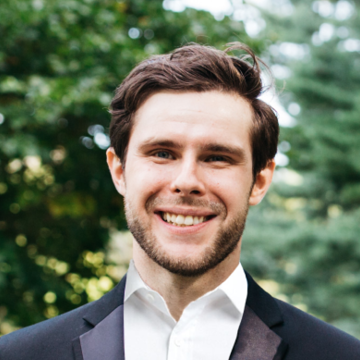Participating ISE Operations Research faculty that currently accept undergraduate students in their research programs include:

Aleksandr Kazachkov, Ph.D.
- What are your research interests?
- Discrete optimization, including theoretical, methodological, and applied aspects, with an emphasis on developing better cutting plane techniques
- Computational economics, particularly on provable guarantees for fair allocation of indivisible resources and fair mechanism design
- Applications, such as humanitarian logistics, donation distribution, and sports analytics
- Visit my website to learn more
- What years do you accept?
- How many semesters do you expect?
- Ideally at least 2 semesters
- When and how should I reach out to you?
- What kind of background experience are you looking for?
- For a project in optimization, it would be helpful to know what an integer programming problem is, and how cutting planes can be used in conjunction with branch-and-bound to solve such problems
- For a project in fair division or mechanism design, one should have an interest in learning (or already some familiarity with) basic concepts in economics, game theory, probability, and algorithms
- For computational optimization research, you should have some experience in coding, such as in C++, Python, or in Julia
- For theoretically-minded research, you should know how to write a proof or otherwise possess “mathematical maturity”
- What is the work environment like?
- I try to foster a collaborative, friendly environment that is full of intellectually curious and hard-working individuals. The team is encouraged to discuss papers together, give each other input on research, manuscripts, and presentations, and participate in relevant research seminars.
- What will my schedule look like?
- Research is time-intensive, but the specific hours you work are flexible. We will usually meet at least once a week, adapting to your class schedule when needed. More frequent meetings are likely to happen at times, such as if you are making progress that you want to share, running into challenges that you want feedback on, or a deadline is near.
- What materials would you review in order to make a decision?
- Please send a CV/resume and unofficial transcript, and a few sentences or short paragraph describing your research interests
- Decisions are made after an interview

